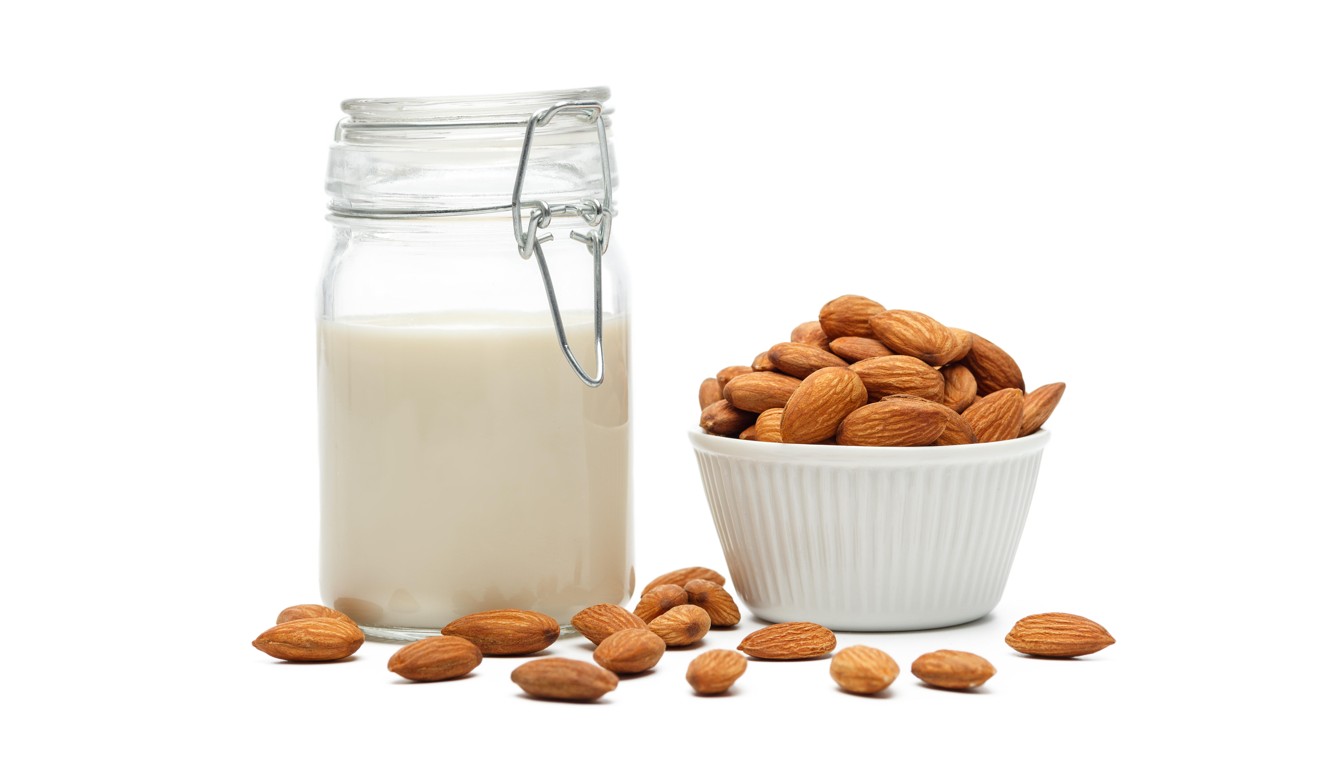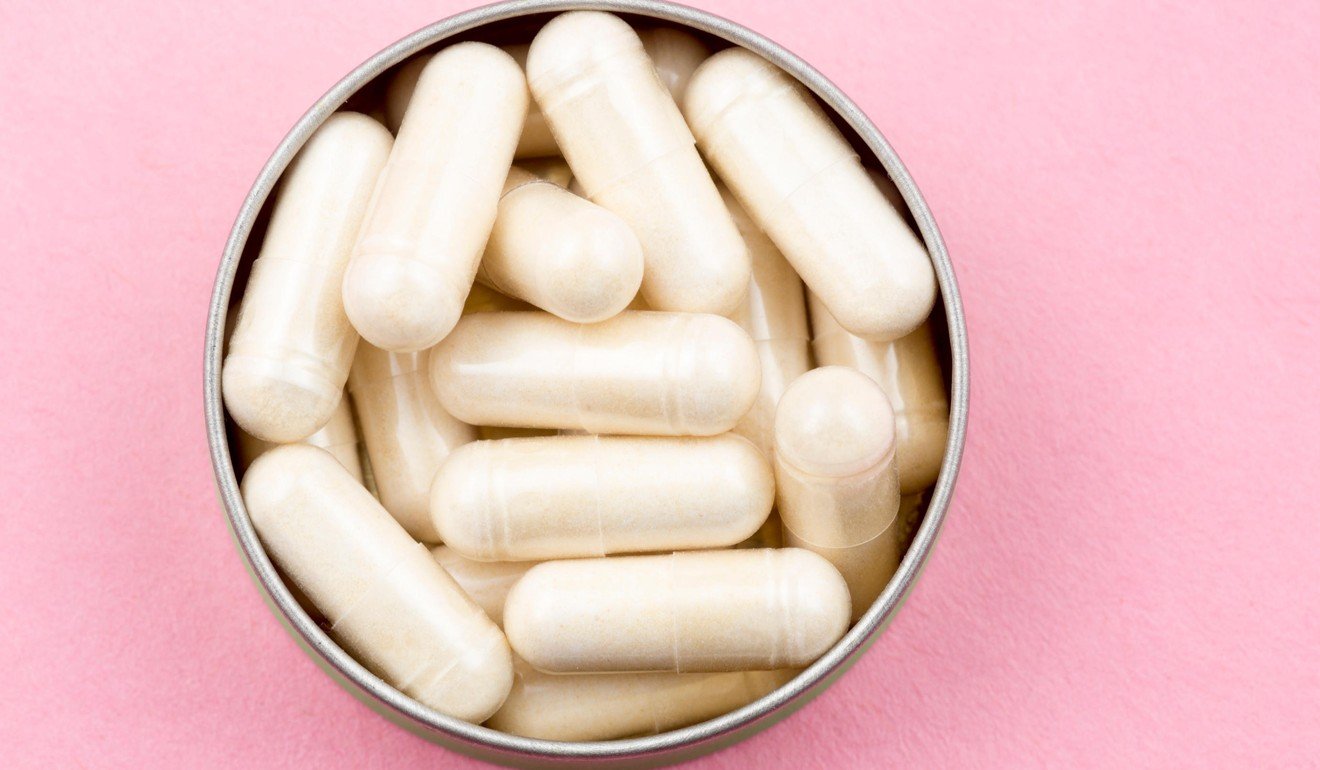
Why calcium is so important for our bodies – and why many Asians are lactose intolerant
- Calcium strengthens our bones and teeth, and helps blood circulation
- Vitamin D is essential for calcium absorption in the body
Children are taught to drink plenty of milk to ensure they get enough calcium to help strengthen their bones and teeth; however, not everyone can consume dairy.
Lactose intolerance – a disorder which inhibits the ability to digest lactose found in dairy products – is believed to affect about 90 per cent of Asians, according to the US National Library of Medicine. This is in stark contrast to only 10 per cent of Europeans.
Despite the majority of Asians being lactose intolerant, China has experienced a rise in dairy consumption in the past few decades – possibly because of an influence from Western cultures. So, how important is calcium for our bodies? And are there other ways of getting enough of it without consuming dairy products?
Our body contains more calcium than any other mineral, and around 99 per cent is concentrated in the teeth and bones. It is also found in our nerve cells, body tissue, blood and other body fluids. A person who weighs 70kg will have about one kilogram of calcium in their body.

The mineral also helps our muscles to move and contract, our nerves to transmit information to the brain, our blood to circulate around the body, and aids the release of hormones, such as insulin, and enzymes. We must consume enough calcium to sustain these functions and to ward off the development of certain diseases.
The reason many people from Asia have a high tendency to be lactose intolerant is because they frequently lack the enzyme lactase, that allows the body to absorb the sugar, lactose. While Americans get 72 per cent of their calcium from dairy products (according to Institute of Medicine US), there are plenty of other foods which will deliver a healthy dose of the mineral.
According to Denise Fair, a Hong Kong-based dietitian, “most alternative milks like soy and almond are fortified to have similar [calcium] levels to cow’s milk.” Fair adds that seeds, canned tuna and salmon (usually with soft bones in them), nuts (especially almonds), beans and lentils, edamame and soy beans are all high in calcium. It is especially important to get enough vitamin D at the same time, as it is essential for calcium absorption in the body. Magnesium also aids in its absorption.

Some people opt for calcium supplements, which can be a controversial topic. It might be recommended to take calcium supplements if you are going through menopause, are a vegan, have a high-protein or high-sodium diet, suffer from osteoporosis (or porous bones), or certain other health conditions. But there are some serious disadvantages and dangers to taking calcium supplements, including an increased risk of certain heart diseases. More research, however, is needed to ascertain this as some studies oppose the theory.
Excess calcium may also lead to hypercalcemia – high calcium level in your blood – which has symptoms including stomach pain, nausea and depression. Be sure to consult your doctor before starting any supplements.
Fair explains that “as we get older our bone density is depleted” and that “we can only put calcium into our bones until around the age of 30.” Therefore, it is vital to eat lots of calcium before this age. If the body does not get enough calcium, it will begin to take the mineral from our bones so that other bodily functions, like muscle contraction, can be carried out. This can then lead to osteopenia – weakening of the bones – and eventually osteoporosis – when bones lose density and become brittle.
Eating too much salt may also increase your risk of developing osteoporosis. Fair explains that this is because “salt increases the amount of calcium excreted in our urine and is therefore not able to be used for building bone or the other things calcium does in the body.” Fair suggests that women get a minimum of 1,000-1,200mg of calcium daily, and men around 800mg. She also recommends consuming about 1,000 IU (25mcg) of vitamin D per day.

A lack of calcium, especially in childhood, could also lead to calcium deficiency disease – or hypocalcemia – which can affect all parts of the body. Symptoms include confusion, muscle spasms and cramps, weak and brittle nails and easily-fractured bones. Women nearing menopause need to be especially careful that they consume enough calcium as they have a higher risk of developing hypocalcemia and osteoporosis because of the decline of oestrogen levels which may make their bones become thinner.
Your diet is not the only factor in bone strength, though. Fair says you can improve bone density by doing “weight-bearing exercises, at least twice a week. Lifting weights puts stress on the bones and the body gets a signal to lay down more bone or improve bone density.”
Although we might not think of it this way, calcium is actually a metal which features on the periodic table. It is the fifth most abundant mineral in the Earth’s crust and makes up three per cent of the oceans and soil. Aside from its key functions in our bodies, calcium is used to make cement and cheese and is found naturally in components such as chalk, marble, limestone, coral reefs and sea shells. The word “calcium” comes from the Latin word calcis or calx which means “lime” since lime consists of calcium carbonate. Calcium was discovered in 1808 by English chemist Sir Humphry Davy.
It is crucial to ensure you are consuming the right levels of calcium according to your age and gender to help you maintain a healthy skeleton throughout your life.

